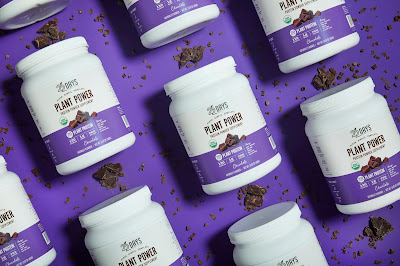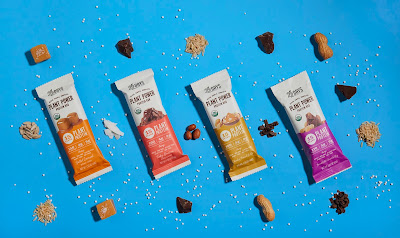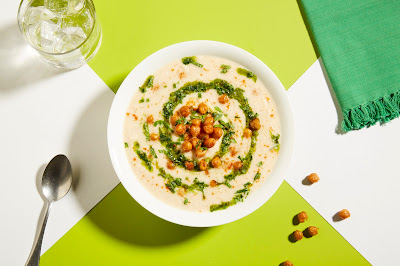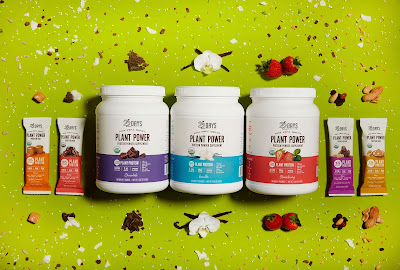Benefits of Meal Planning for New Vegans

Deciding to live a plant-based diet is a huge decision, and rarely taken lightly. When first going vegan, most try out a variety of plant-based meals and snacks to figure out what they think is delicious and fulfilling. Meeting recommended daily nutritional values and making meals often come later, once a style and taste are established. If replacing nutrients normally derived from an animal-based diet sounds intimidating, there are uncomplicated and simple ways to get those vital nutrients from a plant-based diet. The vegan food pyramid can help new vegans better understand a general eating guide and inspire ideas for meal planning. Grains, vegetables, and legumes make up the base for most vegan meals. The best vegan protein derives from grains and legumes, such as cooked green peas and seitan. Fruits, nuts, and seeds are popular snacks amongst plant-based foodies, with many recipes and vegan products easily found at conscientious stores and online. Active and athletic plant



